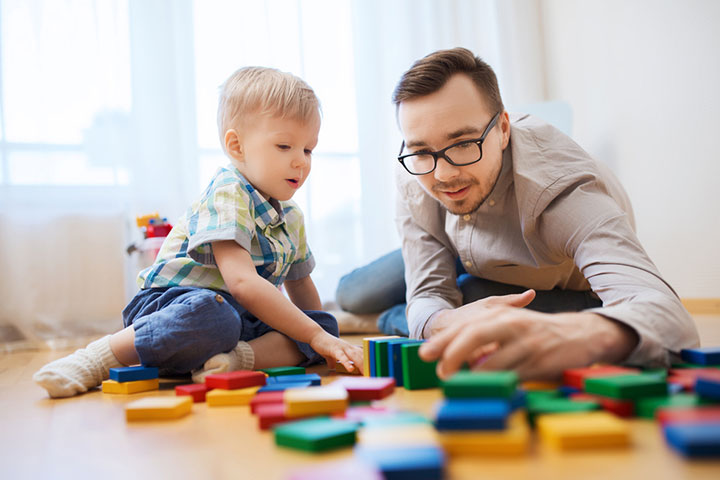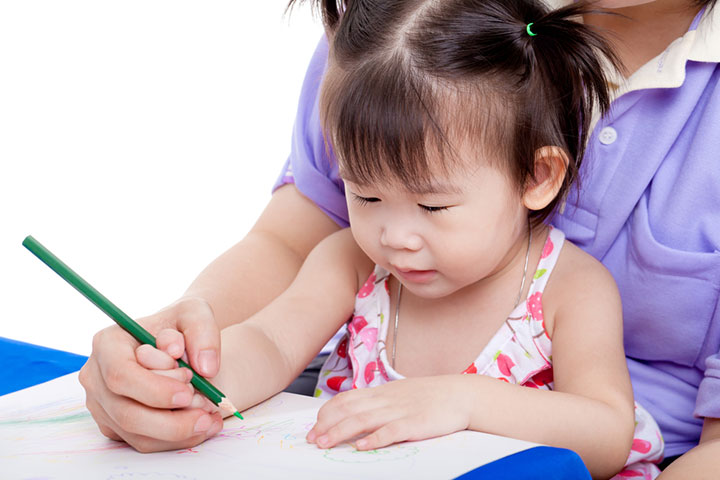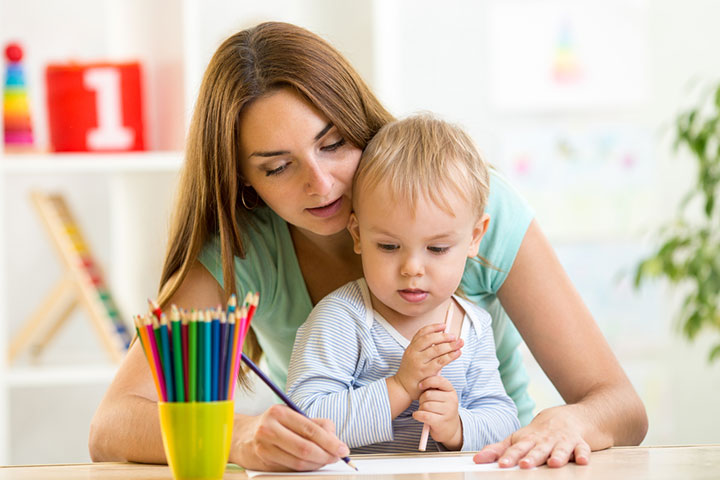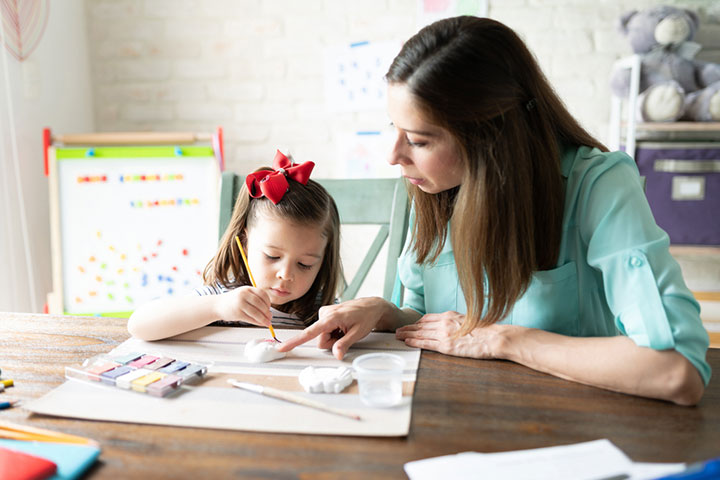
Image: Shutterstock
Hey there, parents! If you’re on the fence about whether to send your little one off to preschool at the tender age of three, let’s dive into why it’s totally okay to follow your instincts on this one. From practical considerations to alternative ways of nurturing your child’s development, there are plenty of good reasons to skip the preschool route. Let’s break it down and explore how you can create a fantastic learning environment right at home. Read on to know more!
1.Your Home Is A Learning Haven
Your home is a treasure trove of learning opportunities. From everyday activities like cooking, counting, and sorting laundry, to exploring the backyard and observing nature, your child can soak up knowledge in the comfort of their familiar surroundings. These hands-on experiences can be just as enriching as structured preschool lessons.
2.Playtime Is Serious Business
Image: Shutterstock
Play is the language of childhood, and it’s one mighty effective teacher. Through play, your little one learns to share, negotiate, and solve problems. So, if your child is happily building block towers or engaged in imaginative play at home, rest assured – they’re not missing out on crucial lessons. Playtime is their way of mastering essential skills.
3.Flexibility In Learning Pace
Every child is unique, and not being bound by the structure of preschool allows you to tailor learning experiences to your child’s pace. If they’re super into dinosaurs one week and fascinated by shapes the next, you have the flexibility to adapt activities and explore their interests deeply, fostering a love for learning.
4.Precious Quality Time Together
Image: Shutterstock
Time spent with your child is invaluable, and opting out of preschool allows you to savor these early years. Whether it’s reading books, going for walks, or engaging in creative activities, the quality time you share strengthens your bond and provides a solid foundation for their emotional well-being.
5.Respect For Individual Readiness
Preschools often follow a standardized curriculum, but every child develops at their own pace. By not sending your three-year-old to preschool, you’re respecting their individual readiness for learning. This approach ensures that your child can tackle new challenges when they are developmentally ready, promoting a positive and stress-free learning experience.
6.Real-World Learning Adventures
Taking your child out into the real world offers countless opportunities for learning. Trips to the grocery store become lessons in colors, shapes, and counting. Exploring a nearby park turns into a nature study adventure. The world outside your door is a vast classroom, and your child can be its eager student.
7.Emphasis On Social Skills At Home
Image: Shutterstock
While preschools provide social interactions, fostering social skills at home is equally effective. Playdates with neighbors, visits to the local playground, or joining parent-child groups offer ample chances for your child to develop vital social skills without the formal structure of a classroom.
8.Nurturing Independence
Being at home allows your child to develop a sense of independence. From dressing themselves to helping with simple chores, they learn valuable life skills that contribute to their self-confidence. These everyday tasks are building blocks for future independence and responsibility.
9. Learning Through Daily Routines
Image: Shutterstock
Everyday routines offer numerous opportunities for learning. Whether it’s setting the table, organizing toys, helping with light household chores, or going outside, your child can absorb valuable skills and responsibilities within the context of your daily activities. These routine-based lessons contribute to their understanding of order, sequence, and collaboration.
10. Building Language Skills Naturally
Conversations at home become powerful tools for language development. Engaging your child in discussions, reading together, and introducing them to a variety of vocabulary during daily activities contribute to their language skills. The one-on-one interaction at home fosters a strong language foundation, promoting effective communication as they grow.
11. Encouraging A Love For Reading
Reading is a fundamental skill, and by creating a home environment that values books, you’re instilling a love for reading. Regular read-aloud sessions, visits to the local library, and having a variety of age-appropriate books at home pave the way for your child to explore the magical world of literature at their own pace.
12.Trusting Your Parental Instincts
Image: Shutterstock
At the end of the day, you know your child best. Trusting your parental instincts and understanding what works for your family is crucial. If you feel that preschool isn’t the right fit for your three-year-old at this moment, you’re making a decision rooted in love and consideration for your child’s unique needs.
Not sending your three-year-old to preschool is a valid and personal choice. Your home becomes a vibrant learning environment, playtime turns into essential lessons, and you have the flexibility to tailor activities to your child’s pace and interests. Quality time together, real-world learning adventures, and a focus on social skills at home all contribute to a well-rounded educational experience. Ultimately, by embracing your choice, you’re nurturing your child’s development in a way that aligns with your family values and priorities.

















